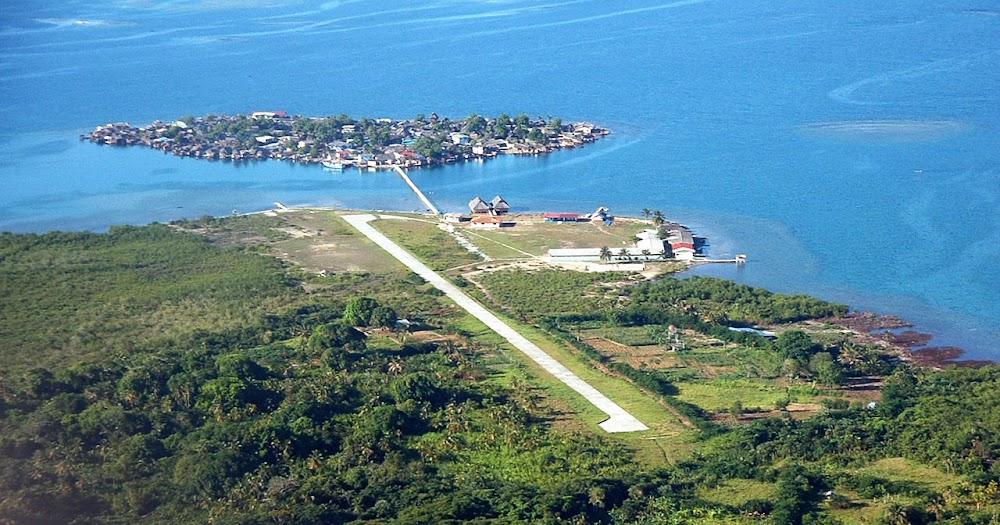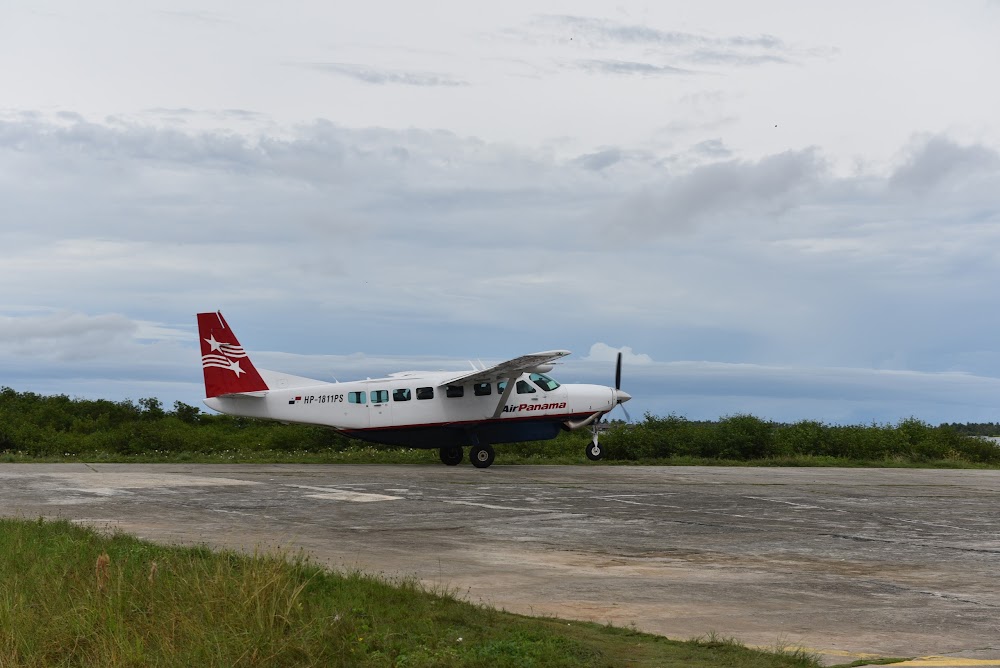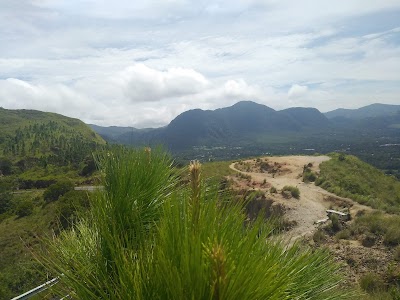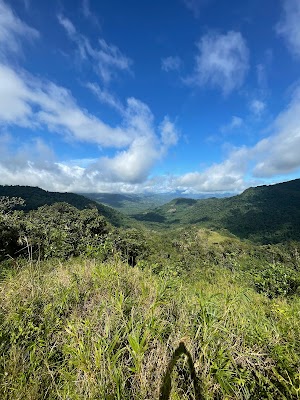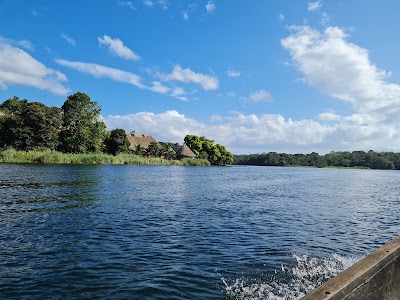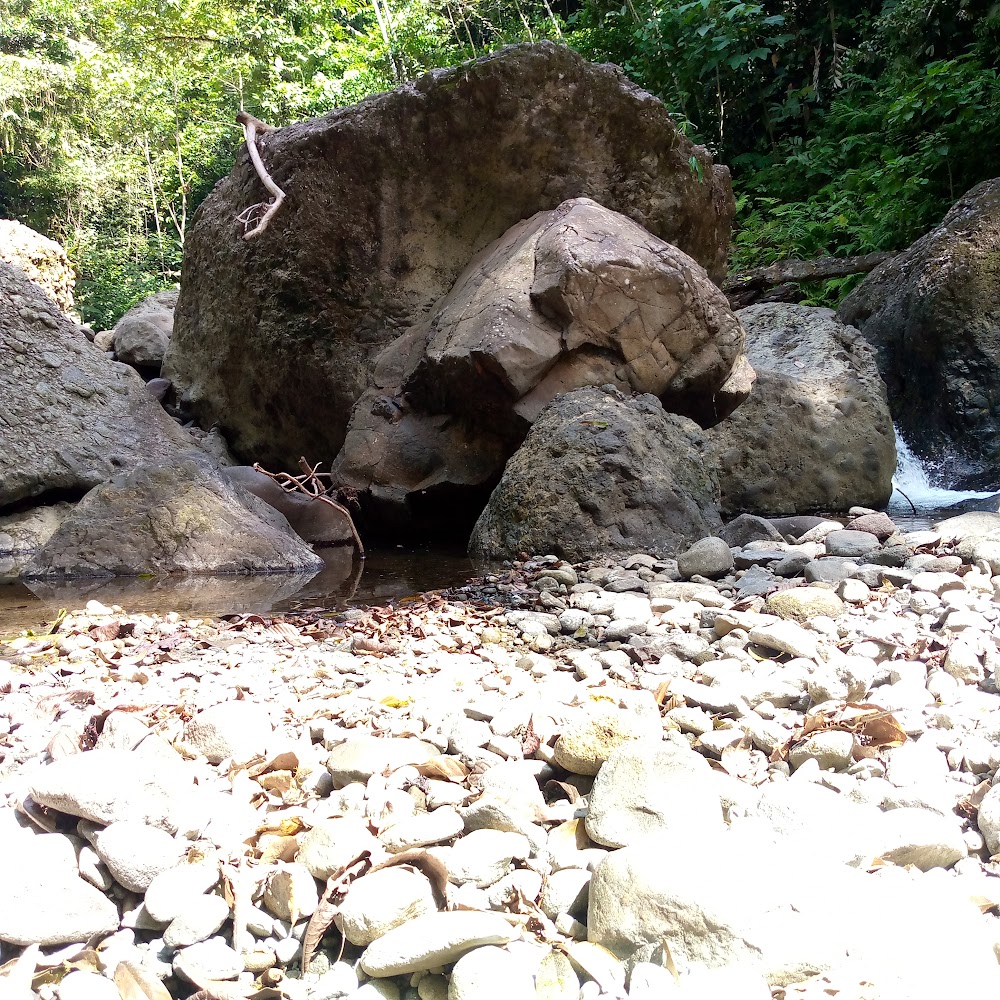Ukupseni (Playon Chico) (Ukupseni)
Overview
Ukupseni, also known as Playon Chico, is a captivating island community nestled in the Emberá-Wounaan Comarca of Panama, part of the stunning Guna Yala region. This area is celebrated for its picturesque islands and the vibrant Guna culture that thrives within its borders.
Historical Roots and Cultural Significance
Founded by the Guna people, who are indigenous to both Panama and Colombia, Ukupseni boasts a rich cultural tapestry. The inhabitants maintain a distinct language and social structure, deeply rooted in traditions that span centuries. The island is small yet densely populated, reflecting the Guna people's profound connection to their land and the waterways that sustain their daily lives.
Community and Architecture
Constructing homes in Ukupseni is a communal endeavor. Traditional houses are built from locally sourced materials, such as bamboo for walls and palm leaves for roofs. These stilted structures elevate living spaces above the ground, protecting against rising tides and flooding, common occurrences in the region. This innovative design showcases the Guna people's remarkable adaptability to their environment.
The building process often kicks off with a community meeting to outline resource needs and delegate tasks. Men usually take on heavy lifting and construction, while women gather materials and prepare meals for the builders. This collaborative approach fosters a close-knit, interdependent community, reinforcing social bonds.
Artistic Heritage
The Guna people are renowned for their vibrant molas—intricate textile panels crafted using a reverse-appliqué technique. Each mola serves as a unique piece of art that tells a story or conveys a message. Traditionally created by women, these textiles are passed down through generations, preserving vital aspects of their cultural heritage.
Fishing and Sustainability
Fishing is another cornerstone of life on the island. The Guna community relies heavily on marine resources, utilizing traditional methods that have been perfected over generations. These time-honored fishing techniques ensure the sustainable management of local resources, providing sustenance and contributing to the island's economy.
Education and Modernization
Ukupseni also features a small school that plays a pivotal role in the community. It educates children in both traditional Guna knowledge and contemporary curricula, enabling the younger generation to honor their indigenous heritage while navigating the broader world.
Though Ukupseni remains deeply traditional, it has gradually embraced certain modern conveniences. Solar panels now power some homes and communal areas, allowing limited use of modern appliances and lighting. This careful blending of the old and the new enhances living standards while respecting and preserving traditional ways of life.
Cultural Celebrations
Festivals and ceremonies are vital to the Guna culture in Ukupseni. These gatherings, rich with music, dance, and ritualistic elements, strengthen social bonds and maintain cultural continuity. One notable event is the 'Igar Igar,' a rite of passage celebrating the transition from childhood to adulthood for young girls. Such celebrations reinforce community values and collective identity.
Transportation and Connectivity
Communication with the mainland and other islands is facilitated by boats, essential for transporting goods, conducting trade, and accessing medical services not available on the island.
Despite facing challenges such as limited space, environmental threats, and economic constraints, the residents of Ukupseni have cultivated a self-sufficient and resilient community. Their ability to blend tradition with necessary modern adaptations reflects their resourcefulness and deep-rooted cultural pride.
In summary, Ukupseni is more than just an island; it exemplifies the harmonious relationship between human ingenuity and the natural environment. This vibrant community is sustained by a rich cultural heritage that values tradition, community, and a profound respect for nature.


